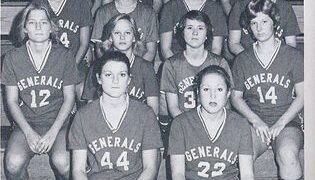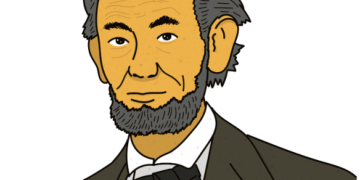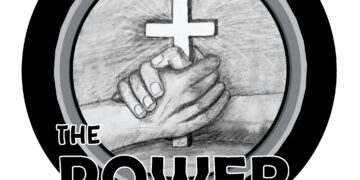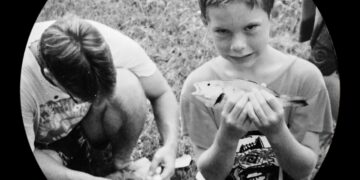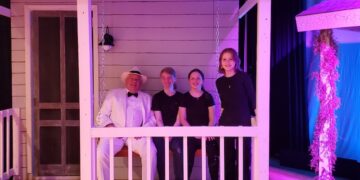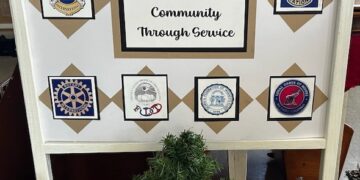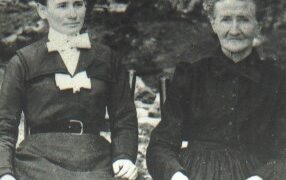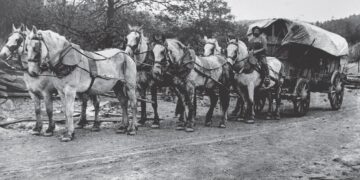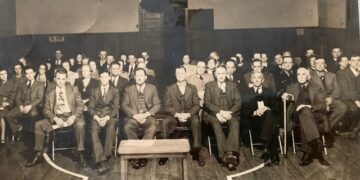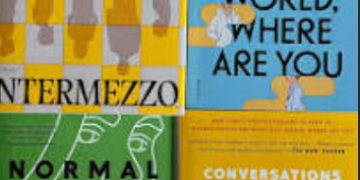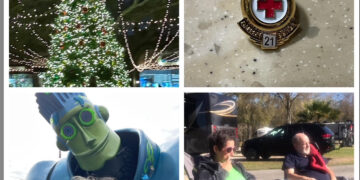Several months ago, I shared with you, our dear readers, the power of a good promotion in bringing fans to the ballpark. This month, we will explore one of the most outlandish owners of all time and a master at promotion, Bill Veeck (rhymes with Wreck). Veeck was the owner of several teams and usually took over when they were on the verge of bankruptcy and did anything possible to market his team and garner fan interest. One of his famous quotes was “We can’t always guarantee the game will be good, but we can guarantee the fans will have fun.
Veeck was born in 1914, the son of a Chicago Cubs executive. He grew up in a baseball park, accompanying his father and as a young man, served in several roles with the team. His first example of marketing genius was covering the drab looking outfield walls in Wrigley Field in ivy. The ivy he planted is still there to this day. In 1941, he bought his own AAA minor league team and turned the team around, so they became perennial contenders and most importantly, drew big crowds to the ballpark. Some of his best promotions included giving away livestock, and a 200 lb. block of ice. Morning games were played so the many night shift workers could take in a game. His nation needed his service in the Marine Corps during World War 2, and he lost his foot in an explosion in 1945.
After a period of convalescing, Veeck sold his interest in Milwaukee and purchased his first Major League Baseball team, the Cleveland Indians. He signed the first black player in the American League, Larry Doby. He was much less known than Jackie Robinson but had to endure similar issues just the same. That same year, he signed a 42-year-old Satchell Paige, arguably the best pitcher of all time in the Negro Leagues. Even at 42, he was nearly unhittable. The two black players helped lead the Indians to a World Series win in 1948. They haven’t won one since, owning the longest drought between titles at 75 years.
Veeck sold the Indians in 1951, partly due to a divorce from his wife and the need to settle with her and the attorneys financially. He bought another moribund franchise in the St. Louis Browns, the American League counterpart to the National League Cardinals in 1951. The two teams shared Sportsman Park and Veeck was not too accommodating to the Cardinals since he owned the stadium. He decorated the park in Browns memorabilia which annoyed the owner of the Cardinals. Veeck tried every trick he could think of to get people to watch his clearly inferior team and go through the turnstiles with a paid ticket. Veeck’s first stunt was signing 3 foot 7 Eddie Gaedel to a 1-day contract and instructing the manager to pinch hit him in a game. He was given a whiffle ball bat and instructed not to swing under any circumstance. Also was told to crouch at the plate to make his strike zone even smaller. He was walked on 4 pitches and was immediately subbed out. This was followed 5 days later by Grandstand Manager Day. Veeck and former manager Connie Mack along with all the fans attending, were given placards with yes on one side and no on the other side. The Browns publicity director would hold up cards with proposed moves that the manager would make in different situations, bunt, pickoff pitch, hit and run, etc. The fans would hold up the signs and vote yes or no. The Browns manager sat in a rocking chair for the whole game, smoking a pipe. It worked because the Browns halted a 4-game losing streak and won 5-3. In 1953, the Cardinals were bought by Anheuser-Busch with their unlimited resources and Veeck realized it was time to sell.
Poor health due to the mangled leg in World War 2 continued to plague him and after 36 operations, it was finally amputated. He even managed to work this into a promotion. More on that later. Veeck bought controlling interest in the Chicago White Sox in 1959. They won their first American League pennant in 40 years and set a home attendance record. Veeck installed the first exploding scoreboard that set off fireworks and had 10 spinning pinwheels every time a home run was hit. Health complications forced him to sell in 1961 but he was able to recover and repurchased the White Sox in 1975. He put his player in shorts for several games. On opening day in 1976, the bicentennial year of the United States, he staged a parade around the bases with himself as the peg legged piper.
One of my previous articles summarized the absurdity of 10 cent beer night in Cleveland. This month, we will look at Veeck’s final and most infamous promotion, Disco Demolition Night. Disco music was made popular in the 1970’s by movies such as Saturday Night Fever and Staying Alive. It was everywhere. Do you ever see things that you can’t unsee, no matter how hard you try? For me, it was the horror of my rhythmically challenged parents attempting to dance. Oh, the humanity! There were lots of music fans, me included, that thought this stuff was horrible and a backlash was inevitable. A popular radio station in Chicago switched the format from rock to disco and fired its popular DJ for refusing to play what he was told. He was quickly hired by a rival station and played up the rock fans’ hatred of disco on the air. Veeck got wind of this and had an idea to get people to the ballpark. Attendance had been lagging lately, no matter what he tried. A double header on the schedule was the perfect night to stage Disco Demolition Night. 98 cents and a disco record would get you a ticket to the game and a chance to see the hated records blown up between games of the doubleheader. Demand was off the charts after the game was hyped endlessly on the radio and a capacity crowd of over 50,000 showed up at Comisky Park with 20000 more outside the park trying to stampede the entrance points. The boxes to put the records in were overflowing, encouraging fans to bring them to their seats and fling them on the field along with bottles and firecrackers. Huge banners reading Disco Sucks were hanging from the rafters of the stadium. After the first game, the records were all gathered in the middle of the outfield and blown to smithereens. There was a gaping hole in the outfield as shards of records fell from the sky. Young men reacted to the explosion by rushing the field by the thousands, climbing the foul poles, destroying the batting cage, and setting a large fire in the middle of the field. The riot police were deployed, and the second game was forfeited. Veeck sold the team in 1982 and passed away in 1986. He was elected to the Baseball Hall of Fame in 1992. I’ll leave you with a quote from the great Derek Jeter. “There may be people that have more talent than you, but there is no excuse for someone to work harder than you do.”

